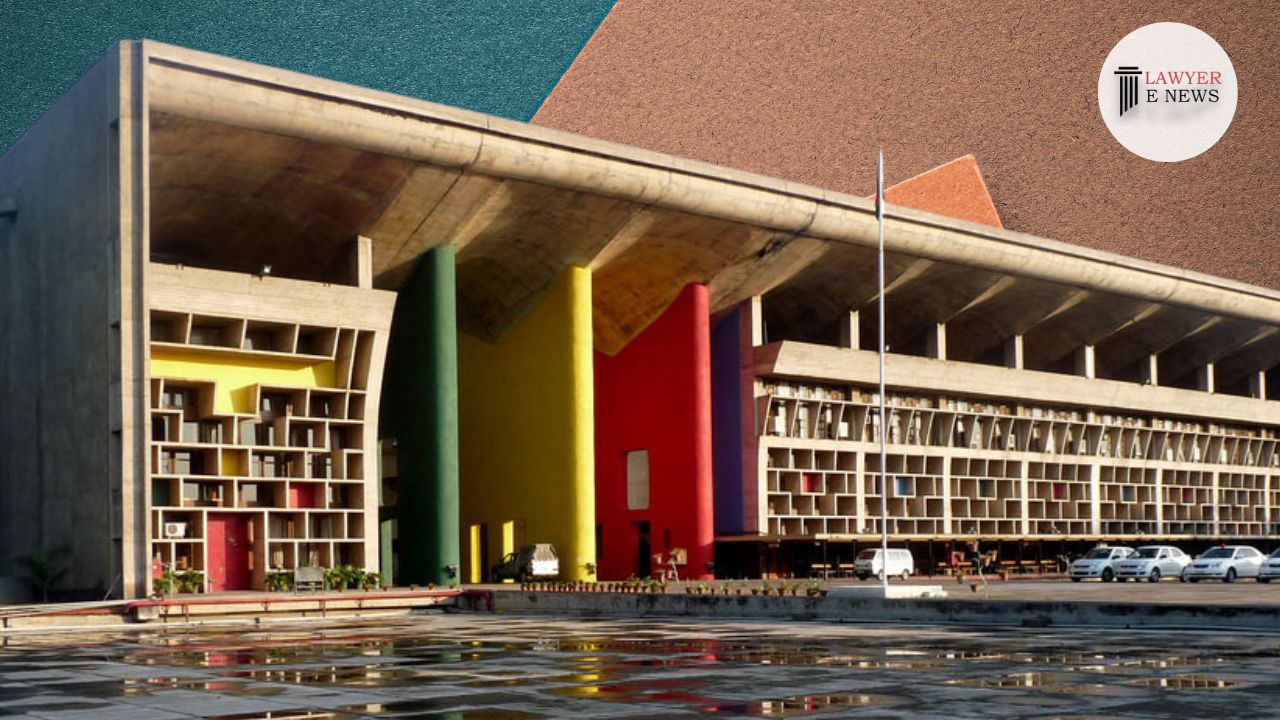-
by Admin
19 February 2026 3:14 PM



In a recent landmark judgment, the Punjab-Haryana High Court granted bail to a petitioner accused of serious charges under Sections 302, 120-B of IPC, and Sections 27 of the Arms Act, stemming from a land dispute that resulted in a fatal shooting. The decision, delivered by Hon'ble Mr. Justice N.S. Shekhawat on October 11, 2023, emphasizes the significance of the right to a speedy trial as a fundamental right enshrined in Article 21 of the Constitution.
The petitioner had been in custody for over 3 years and 10 months, prompting the High Court to scrutinize the delay in concluding the trial. Citing the principle established by the Hon'ble Supreme Court, the judgment observed, "The right to a speedy trial is an integral and essential part of the fundamental right to life and liberty enshrined in Article 21."
The Court further noted that bail should not be punitive, but rather a means to ensure the accused's presence at the trial. It reiterated that pre-conviction detention should only be used when necessary to secure attendance at the trial or when there is credible evidence that the accused might tamper with witnesses.
In this case, the State of Punjab failed to provide evidence that the petitioner could influence witnesses. As a result, the Court granted bail to the petitioner, subject to stringent conditions. These conditions include restrictions on influencing witnesses, mandatory attendance at court proceedings, surrendering any passport, providing an affidavit with current contact information, and reporting regularly to the police.
This judgment reaffirms the principle that the right to personal liberty is of paramount importance and should not be denied except in cases where it is essential to secure the trial process. It also serves as a reminder of the judiciary's commitment to upholding the fundamental rights of individuals, even in cases involving serious charges.
Legal experts and advocates have welcomed the decision, emphasizing that it underscores the judiciary's role in safeguarding individual freedoms and ensuring that justice is not delayed unduly.
Date of Decision: 11th October 2023
Lakhvir Singh Khalsa vs State of Punjab
